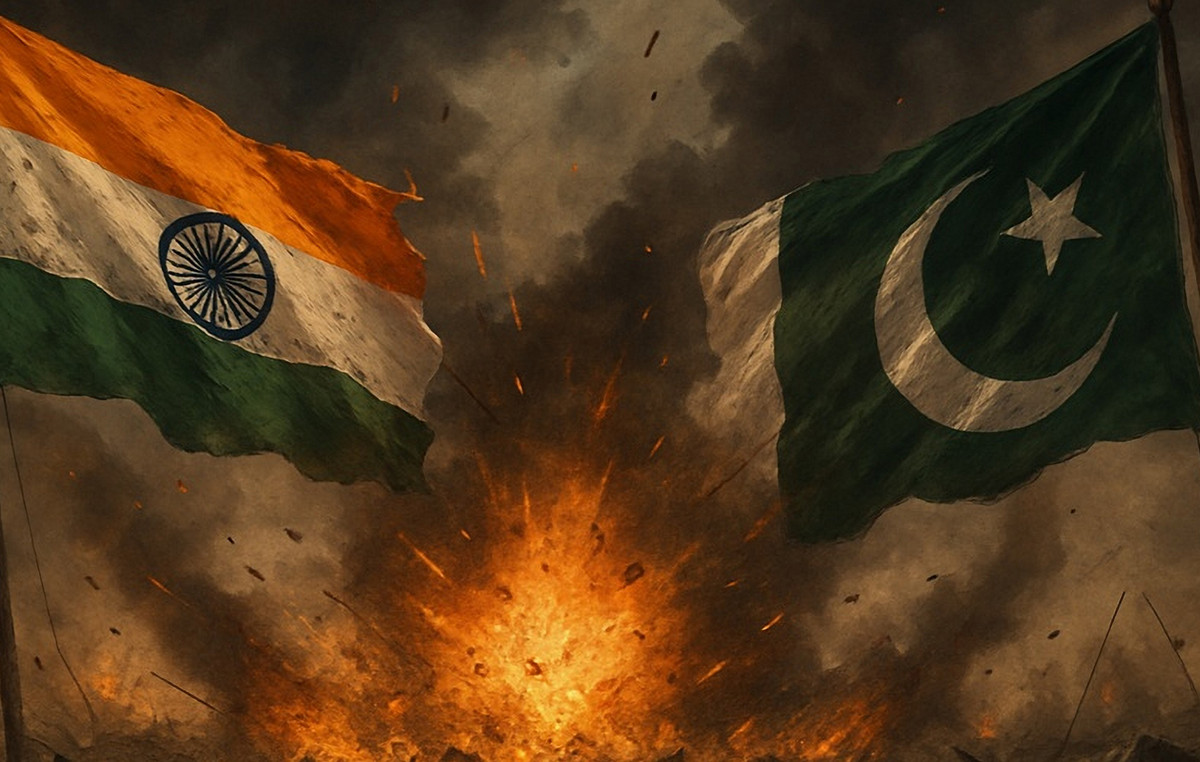President Vladimir Putin warned the West on Monday that Russia will respond if the North Atlantic Treaty Organization (NATO) reinforces the military infrastructure of Sweden and Finland, which have decided to join the US military alliance. States after the invasion of Ukraine.
Putin, Russia’s supreme leader since the last day of 1999, has repeatedly cited the post-Soviet broadening of the NATO alliance eastward towards Russia’s borders as a reason for the Ukraine conflict.
Speaking to leaders of a Russian-dominated military alliance of former Soviet states, Putin said that NATO enlargement was being used by the United States in an “aggressive” way to exacerbate an already difficult global security situation.
Russia, Putin said, had no problems with Finland or Sweden, so there was no direct threat from NATO enlargement to include those countries.
“But expanding the military infrastructure in this territory would certainly provoke our response,” Putin told leaders of the Collective Security Treaty Organization, which includes Belarus, Armenia, Kazakhstan, Kyrgyzstan and Tajikistan.
“What will that (answer) be – we will see what threats are created for us,” Putin said at the Grand Kremlin Palace. “Problems are being created for no reason. We will react accordingly”.
Russia has given few specific clues about what it will do in response to NATO’s Nordic enlargement, the biggest strategic consequences of the Russian invasion of Ukraine to date.
One of Putin’s closest allies, former President Dmitry Medvedev, said last month that Russia could deploy nuclear weapons and hypersonic missiles in the Russian enclave of Kaliningrad if Finland and Sweden join NATO.
NATO, founded in 1949 to provide European security against the Soviet Union, ultimately outperforms Russia in almost every military measure except nuclear weapons, although the backbone of the alliance’s military power is the United States – whose forces are mainly located far from Europe.
Nordic NATO?
Before Putin spoke, Russian Vice Chancellor Sergei Ryabkov said the West should have no illusions that Moscow would simply tolerate the Nordic expansion of NATO.
The West says NATO – an alliance of 30 countries including former Warsaw Pact republics such as Poland and Hungary, as well as nuclear powers such as the United States, Britain and France – is purely defensive.
Moscow says NATO threatens Russia and that Washington has repeatedly ignored the Kremlin’s concerns about the security of its borders in the West, the source of two devastating European invasions in 1812 and 1941.
Finland gained independence from Russia in 1917 and fought two wars against it during World War II, during which it lost territory. Sweden hasn’t fought a war in 200 years. Foreign policy focused on supporting democracy and nuclear disarmament.
Putin said that in addition to the “policy of never-ending expansion”, NATO is going far beyond its Euro-Atlantic mission – a trend Russia is carefully following.
Putin says the “special military operation” in Ukraine is necessary because the United States was using Ukraine to threaten Russia through NATO enlargement and Moscow had to defend itself against the persecution of Russian-speaking people.
Putin says that when the Soviet Union collapsed, assurances were given that the alliance would not expand eastward into Russia, a promise he says is a lie that humiliated Russia at its moment of historic weakness.
The United States and NATO dispute that such guarantees were given explicitly. Kiev and its Western supporters say the allegation of persecution of Russian speakers has been exaggerated by Moscow as a pretext for an unprovoked war against a sovereign state.
(Edited by Guy Faulconbridge, Ed Osmond and Nick Macfie)
Source: CNN Brasil
I’m James Harper, a highly experienced and accomplished news writer for World Stock Market. I have been writing in the Politics section of the website for over five years, providing readers with up-to-date and insightful information about current events in politics. My work is widely read and respected by many industry professionals as well as laymen.







